#Kagero-za (1981)
Text
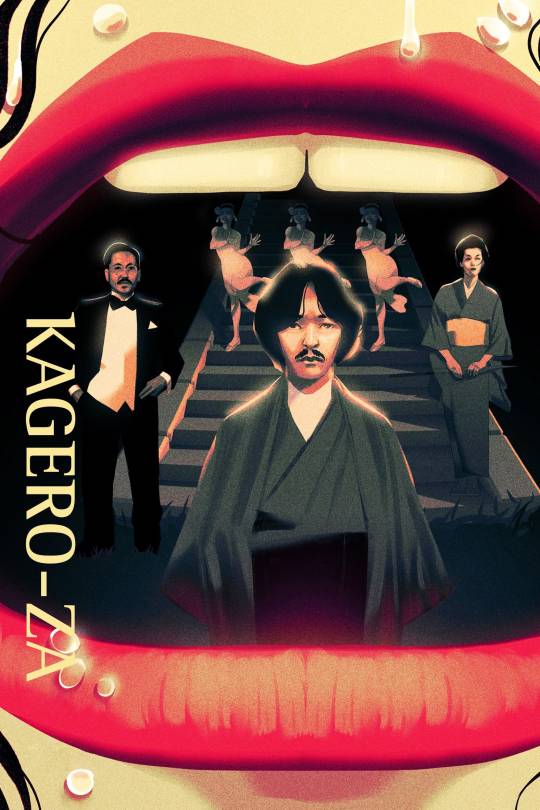
1 note
·
View note
Text





Kagero-za (1981) dir. Seijun Suzuki
158 notes
·
View notes
Photo
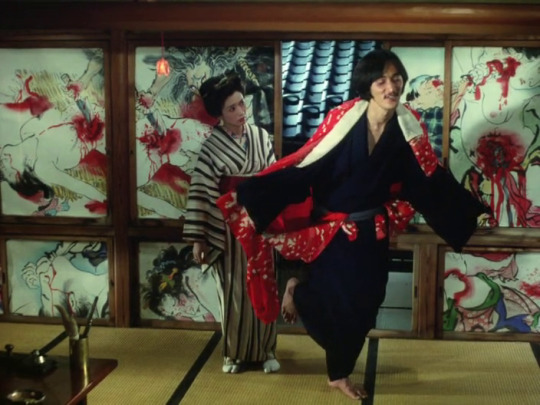
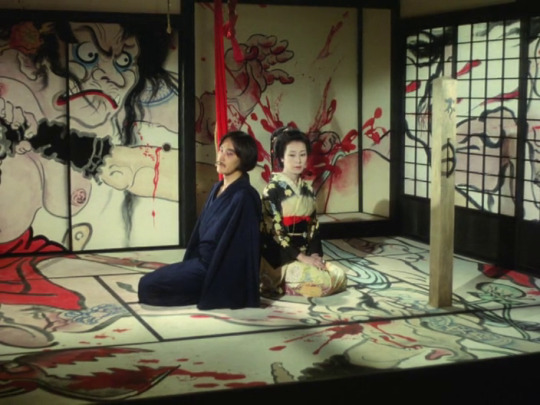
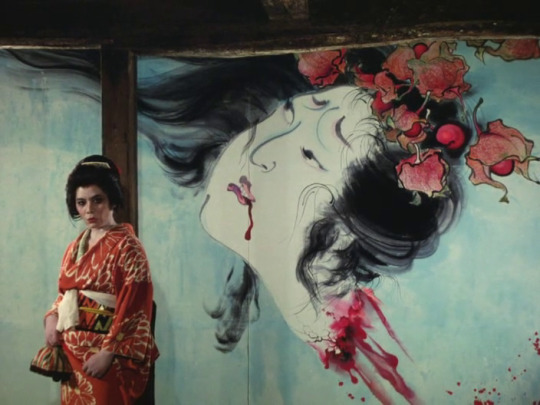
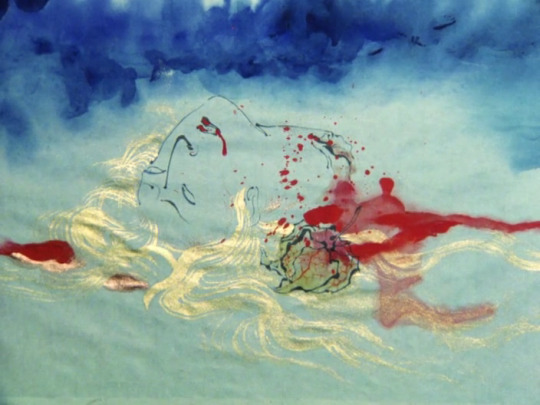
Kagero-za (1981) dir. Seijun Suzuki
82 notes
·
View notes
Note
Letterboxd top four?
Ohhh I hate being asked about favorite films I can never pick which is why I don't actually have any favorites selected on letterboxd. Ok here's four but if you asked me again tomorrow it would be all different lol. Also spiritually Saw (2004) is on any list of my favorite films
Magnolia (1999)
Hud (1963)
Kagero-Za (1981)
Whiplash (2014)
8 notes
·
View notes
Note
how about 39 and 40?
39. In your opinion what is the most underrated movie?
Hmm I may be cheating (again!) by naming three movies that are generally well liked as it is, but in my opinion deserve more attention: Zigeunerweisen, 1980, Kagero-za, 1981 and Yumeji, 1991 directed by S. Suzuki.
40. A film you think everyone should see at least once.
Ulysses' Gaze, 1995 dir. by T. Angelopoulos.
#suzuki's trilogy is a bit redundant and unpleasant about certain themes but overall charming and visually striking#ulysses' gaze on the other hand is the best movie ever made period#thanks for asking ((:
2 notes
·
View notes
Text
陽炎座 kagero-za [1981] dir. by seijun suzuki
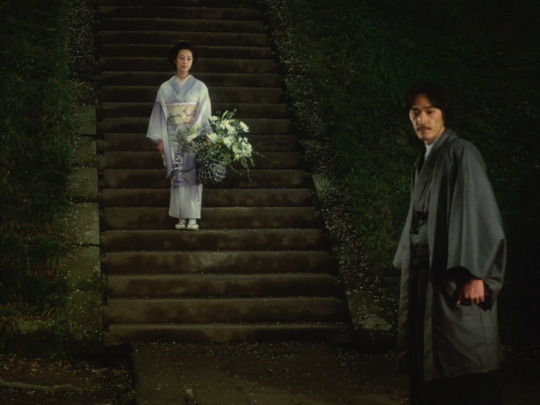
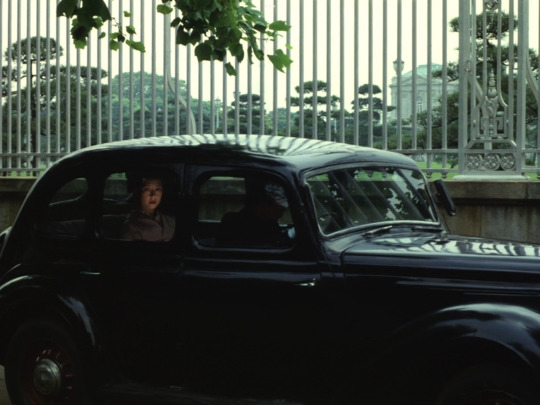



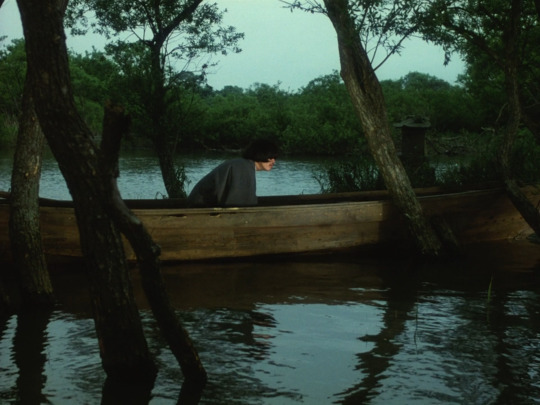




#cinephile#asian film#asian movies#foreign film#japanese film#japanese movies#seijun suzuki#kageroza#1981#experimental film#kimono#yukata#japanese culture
25 notes
·
View notes
Text

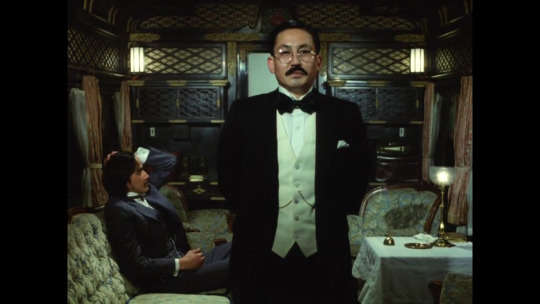




On Friday night, my partner and I went to see Kagero-za (陽炎座), a 1981 film whose Japanese title translates as "heat haze theatre."
1 note
·
View note
Text


Teatro das Ilusões (Kagero-za, 1981, Seijun Suzuki)
1 note
·
View note
Text
Retrospective: Seijun Suzuki.
Retrospective is a regular series showcasing bodies of work from an extended period of activity by filmmakers of different eras.
Devoted to the region’s film history, contributions and movements within the industries in Asia, the platform focuses on particular profiles, themes and aesthetics to allow audiences to experience past and ongoing cinematic transformations.
On the occasion of 100 years since the birth of singular Japanese director Seijun Suzuki (1923-2017), the Asian Film Archive presents a selection from his vast and colourful filmography.

The seven featured films draw attention to two significant points in Suzuki’s career. The first looks at the gritty, rambunctious crime and gangster films he made at the Nikkatsu studios in the 1960s and his collaborations with action star Jo Shishido. The four works selected from this period start from 1963, with the wild and uproarious Detective Bureau 2-3: Go to Hell, Bastards! and Youth of the Beast—the latter regarded as his breakthrough work and a key influence on the yakuza genre. 1964’s Gate of Flesh is a harsh, yet visually dynamic post-war drama. Lastly, the outrageous and stylish Branded to Kill (1967), notorious for causing Suzuki’s dismissal from Nikkatsu and subsequent blacklisting by the industry.
Making his debut in the mid-50s, Suzuki was a contract director for B-movies, quick and cheap flicks typically screened after the more expensive, prestige pictures. He overcame the gruelling conditions and meagre resources thrown at him, creatively transforming conventions into opportunities for play and experimentation, pushing the form further and further with each new film. Burned by the fallout with Nikkatsu, Suzuki withdrew from cinema. He continued to work in television and only returned to film a decade later.
The second part of this programme represents Suzuki’s comeback with the Taisho trilogy: Zigeunerweisen (1980), Kagero-za (1981) and Yumeji (1991). Produced independently, these works are loosely connected by being set during the Taisho era (1912-1926), an explosive period of artistic and intellectual activity in Japan’s history. Hallucinatory, spectral and dreamlike, these austere masterpieces—markedly different from his earlier career—are nonetheless still bursting with ideas and cinematic fervour.
Energised by the commercial and critical success of his later works, Suzuki continued to make films until the mid-2000s and even had a career as an actor. In 2017, he passed away at the age 93. The legacy of Seijun Suzuki’s body of work is that of an artist whose brilliance and verve could not be restrained. Working within the limitations of structures, his career represents a lifelong mission to reinvent the ecstatic possibilities of the filmic medium.
– Viknesh Kobinathan, Programmer
Retrospective: Seijun Suzuki runs from 6-22 October 2023 at Oldham Theatre. This programme is held in conjunction with Japanese Film Festival Singapore, with support from the Japan Foundation.
Asian Film Archive (affiliated to AMIA, FIAF, SEAPAVAA)
Retrospective: Seijun Suzuki.
06-22 October 2023
National Archives Singapore 1 Canning Rise Singapore 179868
Singapore, Singapore
#asian film archive#AMIA#FIAF#SEAPAVAA#cinematographic creation#filmmaking#Japanese Film Festival Singapore#Japan Foundation#filmography#singapore#world day for audiovisual heritage#27 october
0 notes
Text
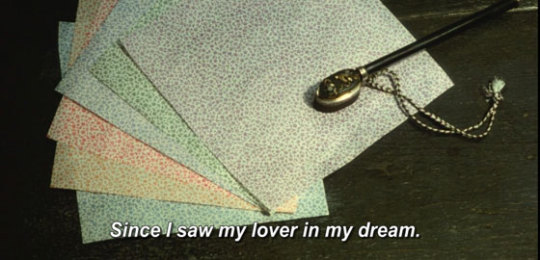

Kagero-za, Seijun Suzuki, 1981.
221 notes
·
View notes
Text

Kagero-za (1981) dir. Seijun Suzuki
112 notes
·
View notes
Photo
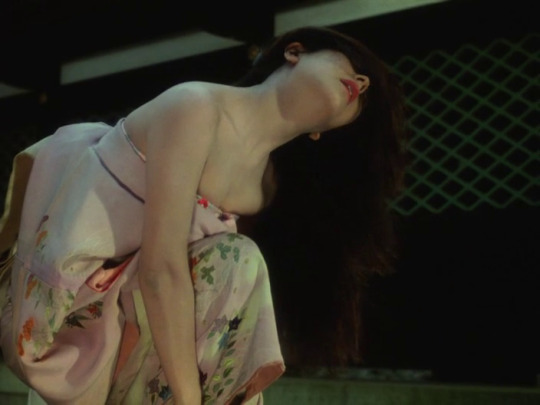
Kagero-za (1981) dir. Seijun Suzuki
21 notes
·
View notes
Photo

Kagero-za (1981)
7 notes
·
View notes
Photo
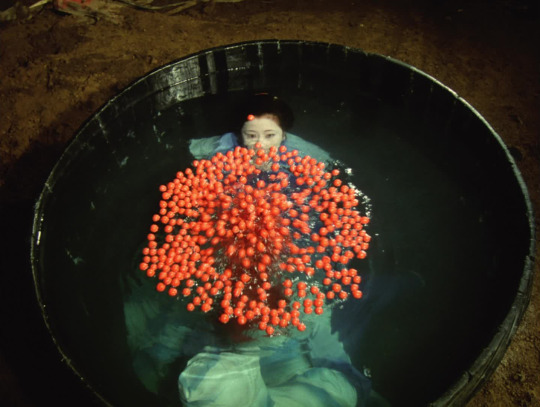
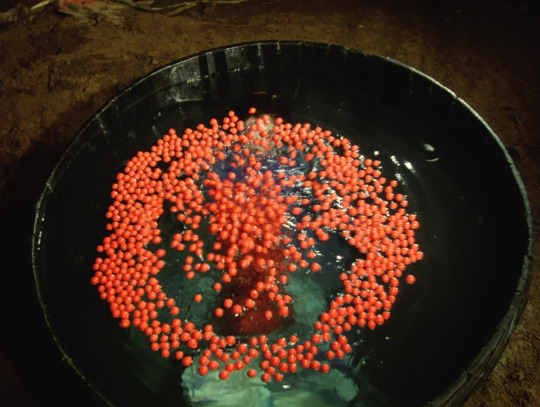
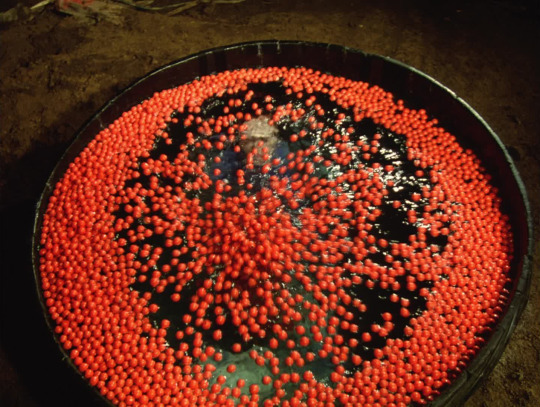
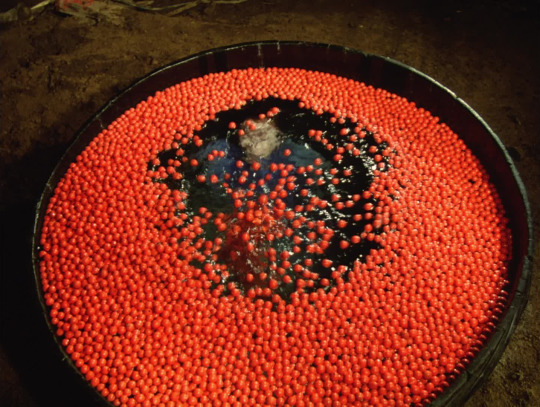
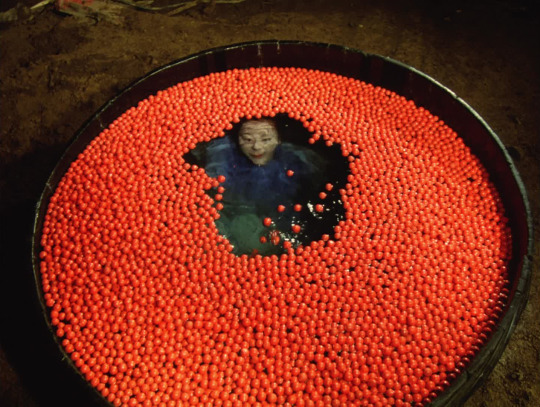
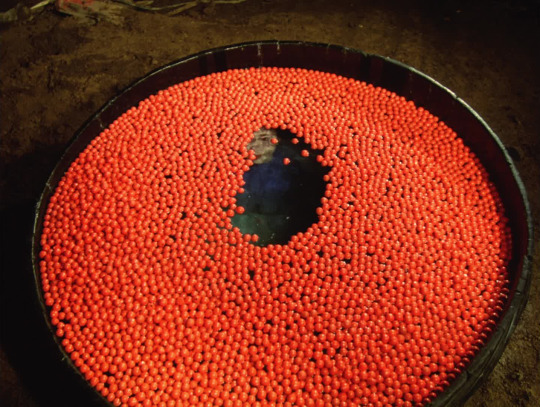

Kagerô-za | Seijun Suzuki | 1981
Michiyo Ohkusu
38K notes
·
View notes
